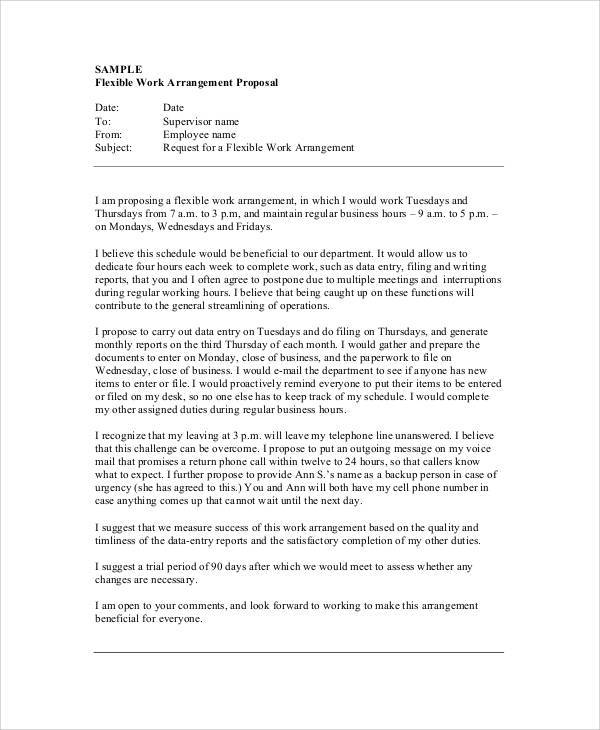

In this case, C++ provides is_open(), member function of fstream, ifstream and ofstream. But sometime file stream remain unsuccessful in opening the file due to some reasons, for example file stream tries to access the file which doesn’t exist or file is unable to access because of administrative rights.
AMIBROKER FILE HANDLING EXAMPLES CODE
So there must be a constructor that should do the functionality of open () function and that’s right, C++ provides such a constructor! So the above two lines of code can be combined in one.įstream file(“myfile.txt”, ios::in | ios::out | ios::trunc) Check if File opened Successfully?Īfter opening the file, we got access to the file according to the mode flag. Then we must combine in, out and trunc flags.įile.open(“myfile.txt”, ios::in | ios::out | ios::trunc) File opening using constructors:-Īs mentioned earlier, the first task we do after declaring class object is to open the file. delete all of the previous content of file. Let’s say we want to perform both input and output operations on a file and we want to start from scratch while doing so i.e. If files exists, all of its content is discarded.Īll of these flags can be combined according to a given scenario by using OR operator (|). The following modes can be associated with file handling: Mode Flagsįile pointer points at the end of file after opening.Īppends the new content at the end of file If no second argument is specified, following are the default values of modes with respect to following classes: Class

So, the open function associate the object of fstream with a real file, stored somewhere in memory. Same is the case with C++, to perform read/write operation on file, it must be open() first. In this tutorial we are going to learn about file handling in C++.” Opening a file in C++:-Īpart from programming, when we want to read or write a file, the first step we do is open that file. Let’s say we create a file “file.txt” in the code directory and want to write the following content to file using ofstream class. In this way we don’t have to worry about the path of file. One easy way to read/write from file is to create a file in the code directory. To start file handling in C++, first of all we have to create a file. it enable to write as well as read to/from files.

fstream – It represents file stream in general and has both the functionality of ifstream and ofstream i.e.ofstream – It represents Output file stream and enables to write information to files.ifstream – It represents Input file stream and enables to read information from files.Necessary Header files:-įor file handling C++ provides the following header files: For this purpose C++ provides the necessary file handling operation, which we are going to explore in this tutorial. However, sometime we want to take input or write output to a certain file instead of console window. Input/output in C++:-Ĭ++ provides header file, containing cin and cout which are used to take input and to write output to console window. we can store certain information in a text file and later on, can use that information. Files are used to save or retrieve data from storage devices, e.g.


 0 kommentar(er)
0 kommentar(er)
